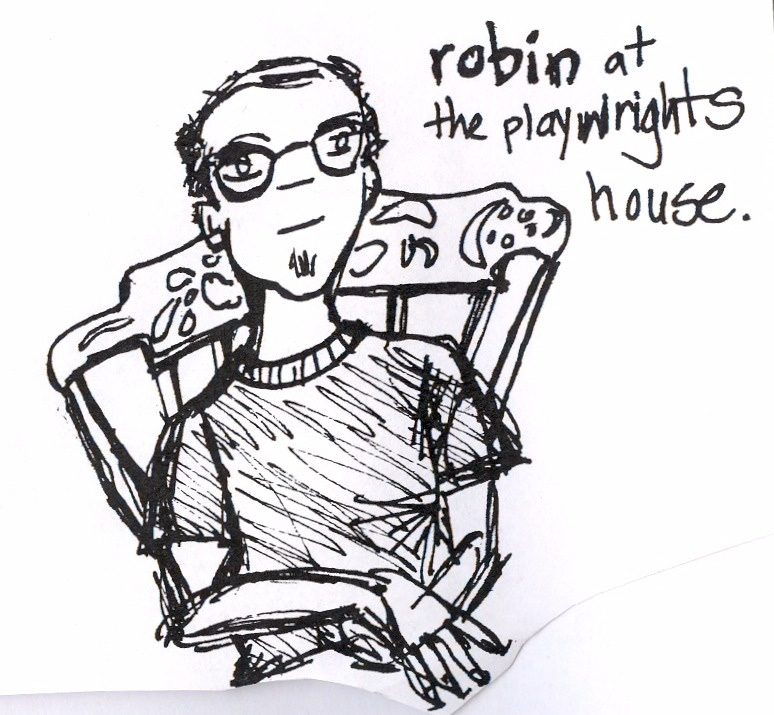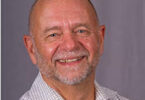When Jeannie McCormack asked me for a story for the next issue of Galllery&Studio, I said “Yes, and let’s make it a column for the storytellers from Queer Stories,” the group I help organize and that helps me write and tell stories.
Queer Stories originally developed in the 90’s and early 00’s as a gay men’s storytelling group. We had performances in New York and few out of town venues. The idea was strong and simple: tell short, personal stories. Stories connect us to ourselves and each other in a way few other things can. In 2005, we published a book, edited by Douglas McKeown, the facilitator of the group and maestro-storyteller himself.
The group disbanded in 2008, and for 12 years QS was silent. But I had more stories to tell. And I would do it better with others, especially in these isolating Covid days. So I spoke to a few folks, some old, some new and we reorganized as Queer Stories 2.0—now LGBTQ.
In Queer Stories, some of us are writers, some not. For the purposes of this group, we are all storytellers. It’s an ancient tradition and we bring a queer perspective to it, even when the stories are not about being queer.
Queer Stories in Gallery&Studio are dedicated in memory of Holden. Holden McCormack was the beautiful son of Jeannie and Ed who died in 1993 at age 30 of complications from AIDS. I witnessed the emotions and love of his parents. Love like that never dies. May the stories we write and tell here remind us that writing is often a conversation with the dead, and (in the words of Solomon’s Song of Songs) “Love is Stronger than Death.”

Both of my grandfathers died when I was young. After that, my parents had a tradition of visiting their father’s graves every June on Father’s Day. My mother died over 20 years ago. That June was the first Father’s Day my father would have to make the trip to the cemeteries alone, without my mother. So he invited me to go with him. He also invited his sister, my Aunt Joyce.
My father and his sister did not get along. They could not have been more different. They grew up in the Bronx and my dad loved working since he was a boy. At 11, he delivered groceries in a little red wagon for a quarter. He was smart, graduated from Stuyvesant H.S. Then he went into his father’s business, became a traveling salesman. He got married and had a large family—supported a wife and six kids on a salesman’s commission. I can’t imagine.
My Aunt Joyce struggled with mental illness her whole life. She married once in the 1950’s, but the man was abusive, so she left him and moved back home. And she never left. I loved her since I was a little boy—we were both dancers! My father had no patience for her: “She’s not sick—let her get a job!” She couldn’t keep a job; she couldn’t keep friends. After her mother died, my Aunt lived alone on welfare and food stamps. I don’t have to look much farther than my own family to see the haves and the have-nots.
My father and his sister would fight over the smallest things. I remember once going to visit my grandmother’s house. My father opened the refrigerator and took out some cottage cheese. He ate the cottage cheese. It was my Aunt’s cottage cheese! All hell broke loose—“Alfred, that’s my cottage cheese!” Then in a huff we were out the door and going home.
So, in that year of my mother’s death, when my father invited me to visit the cemeteries on Father’s Day with him and my Aunt, I said, “No thank you.” What I really meant was “Are you kidding me?! I am not spending the entire day cooped up in the car with you and your sister fighting. NO!”
So I didn’t go, I stayed home. I was so pleased with myself for making the right decision. Later that night, I called my Aunt to hear how things went. She told me this: “Robin, it was a good day. First we went to King David to visit our father, Charles. Then we drove to Har Nebo to visit your Mother’s father, Albert. At the cemetery, your brother—I mean your father [she always made that mistake] -–got out of the car, went up to the grave and said this: ‘Albert, this is your son-in-law Alfred. I came to tell you that in February of this year, on February 19th, your daughter Dollyann passed away. I know you loved her very much. And she loved you. I just thought you would like to know.’ ”
Then they got in the car and drove home.
My Dad was a complicated man. He was from the Bronx and once again, I had underestimated him. Some people will go a long way to talk to the dead.
Drawing by Crystal Skillman





Leave a Comment